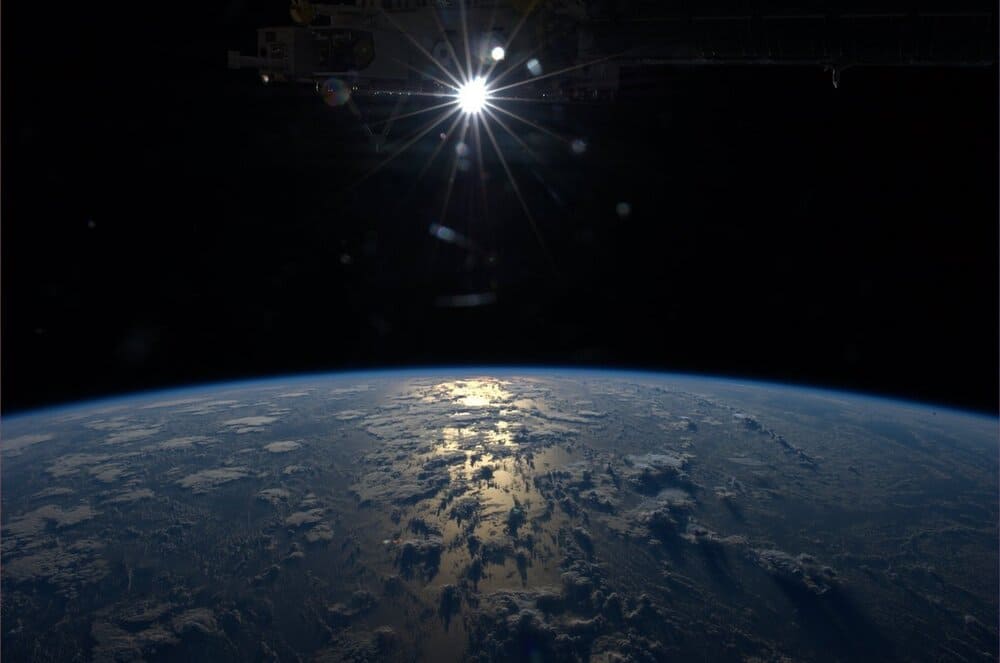Space science is the study of everything in outer space. This includes the planets, stars, galaxies, and the overall structure of the universe. It also encompasses the study of the physical processes that occur in space, the properties and behavior of celestial bodies, and the search for extraterrestrial life. Space science is a multidisciplinary field that integrates aspects of physics, chemistry, biology, geology, and engineering.
Key areas of space science
Astronomy
Astronomy is the study of celestial objects such as stars, planets, comets, and galaxies. It involves observing these objects, understanding their properties, and learning about their origins and evolution. Modern astronomy uses a variety of tools, including telescopes, satellites, and space probes, to gather data from space.
Astrophysics
Astrophysics focuses on the physical and chemical properties of celestial bodies and the universe as a whole. It seeks to understand phenomena such as black holes, neutron stars, and the Big Bang. Astrophysicists use principles of physics to explain the behavior of these objects and their interactions.
Planetary science
Planetary science is the study of planets, moons, and other objects in our solar system and beyond. It includes the investigation of their composition, structure, atmospheres, and potential for hosting life. Missions like Mars rovers and space probes to the outer planets provide valuable data for planetary scientists.
Cosmology
Cosmology is the study of the origin, evolution, and eventual fate of the universe. It addresses questions about the Big Bang, the expansion of the universe, dark matter, and dark energy. Cosmologists use observations and theoretical models to understand the large-scale structure of the cosmos.
Space exploration
Space exploration involves the use of space technology to send humans and robots beyond Earth. This includes missions to the Moon, Mars, and other celestial bodies. Space exploration aims to expand our knowledge of the universe, develop new technologies, and potentially find new habitats for humanity.
Tools and technologies in space science
Telescopes
Telescopes are essential tools for observing distant celestial objects. Ground-based telescopes, like the ones at observatories, and space telescopes, like the Hubble Space Telescope, provide detailed images and spectra of stars, galaxies, and other objects.
Space probes
Space probes are unmanned spacecraft sent to explore the solar system and beyond. Examples include the Voyager probes, which have traveled beyond the outer planets, and the New Horizons probe, which provided detailed images of Pluto.
Satellites
Satellites orbit Earth and other celestial bodies, collecting data on everything from weather patterns to cosmic radiation. They are crucial for communication, navigation, and scientific research.
Rovers
Rovers are robotic vehicles designed to explore the surfaces of other planets and moons. NASA’s Mars rovers, such as Curiosity and Perseverance, have provided invaluable insights into the geology and potential habitability of Mars.
The importance of space science
Expanding knowledge
Space science helps us understand fundamental questions about the universe, such as how it began, how it is evolving, and what its future holds. It expands our knowledge of physics, chemistry, and biology in extreme environments.
Technological advancements
The challenges of space exploration drive innovation and lead to the development of new technologies. Many advancements in materials science, engineering, and computer technology have origins in space research.
Addressing global challenges
Space science contributes to addressing global challenges such as climate change, natural disasters, and resource management. Satellite data is essential for monitoring environmental changes and predicting natural disasters.
Inspiring future generations
Space science inspires curiosity and excitement about the universe. It encourages young people to pursue careers in science, technology, engineering, and mathematics (STEM) fields, fostering the next generation of innovators and explorers.
Space science is a fascinating and dynamic field that seeks to understand the universe and our place in it. From studying the smallest particles to observing the largest cosmic structures, space scientists use a variety of tools and methods to explore the cosmos. The knowledge gained from space science not only answers fundamental questions but also drives technological advancements and inspires future generations. As we continue to explore and study space, we will undoubtedly uncover new mysteries and opportunities that will shape our understanding of the universe.


